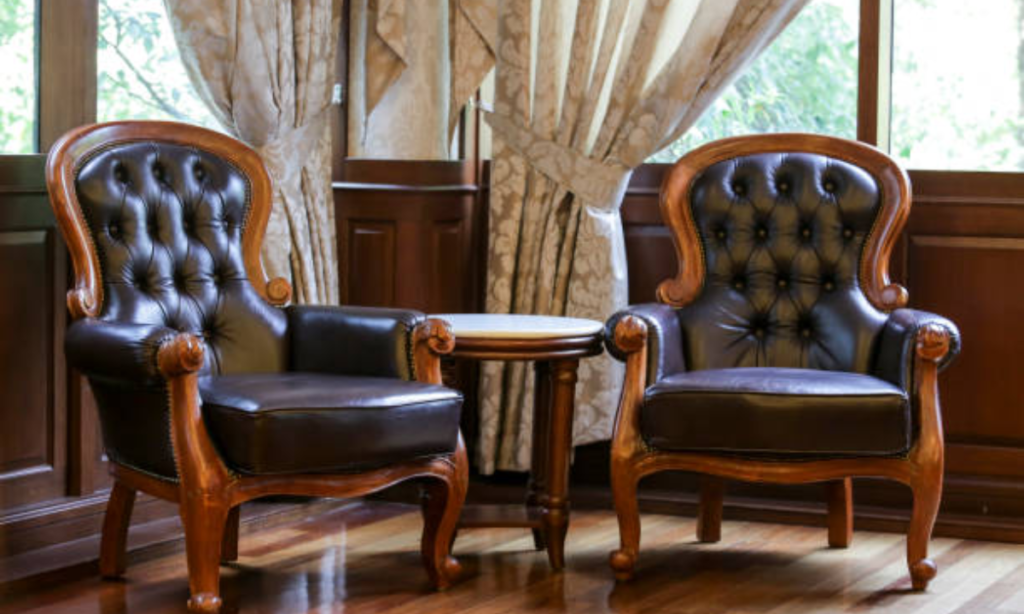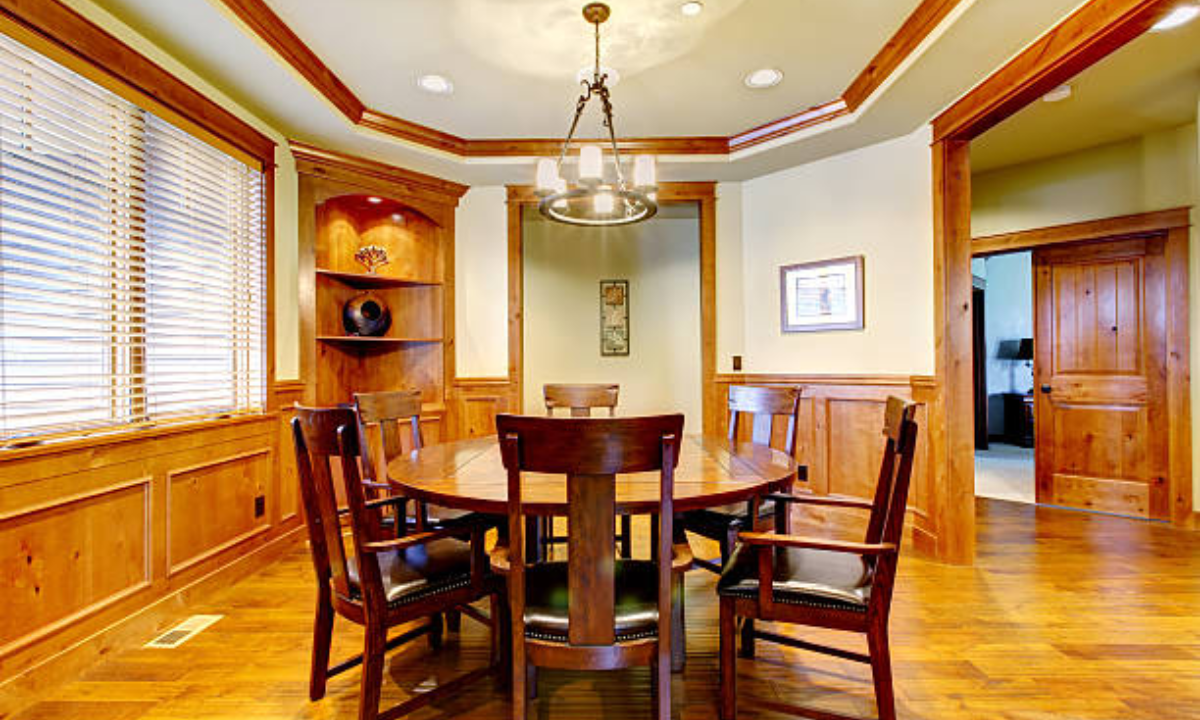Introduction:
Indian rosewood continues to reign supreme as the preferred choice for Chinese furniture manufacturers, owing to its unparalleled qualities and enduring appeal in the competitive global market.
China’s National Hongmu Standard, issued by the Ministry of Commerce (MofCOM), lists 33 species of tropical hardwood as recognized Hongmu.
Only 8 out 33 Hongmu species are protected under CITES. Two are of Indian 🇮🇳 origin, namely: Dalbergia Latifolia (Rosewood), and Pterocarpus Santalinus (Red Sandalwood).
Exceptional Durability and Strength:
One of the primary reasons Indian rosewood maintains its prominence is its exceptional durability and strength. Renowned for its robustness, it ensures longevity and resilience in furniture construction, meeting the high standards expected by Chinese consumers.
Exquisite Aesthetic Qualities:

The rich, reddish-brown hue and intricate grain patterns of Indian rosewood lend an air of sophistication and luxury to furniture pieces. Its natural beauty adds an elegant touch to any interior space, appealing to the discerning tastes of Chinese consumers.
Versatility in Design:
Indian rosewood’s versatility in design allows furniture manufacturers to create a diverse range of products, from traditional to contemporary styles. Its adaptability to various design aesthetics enables Chinese furniture makers to cater to a broad spectrum of consumer preferences.
Cultural Significance and Symbolism:
Rosewood holds deep cultural significance in Chinese tradition, symbolizing prosperity, longevity, and prestige. By incorporating Indian rosewood into their designs, manufacturers can tap into these cultural sentiments, resonating with consumers on a profound level.
Sustainability and Responsible Sourcing:
In an era of heightened environmental consciousness, Indian rosewood stands out for its sustainable sourcing practices. Manufacturers can reassure environmentally-conscious consumers by sourcing wood from responsibly managed forests, aligning with China’s growing focus on eco-friendly practices.
Unmatched Expertise and Passion
Mr. Leonard J. Mills, the visionary behind Coorg Rosewood Timbers, brings a wealth of knowledge and passion to the timber industry. His dedication to sustainable practices and ethical sourcing ensures that every piece of wood is harvested responsibly. This not only preserves the natural beauty of Indian forests but also supports local communities.
Conclusion:
Indian rosewood’s enduring appeal for Chinese furniture manufacturers lies in its exceptional durability, exquisite aesthetics, design versatility, cultural significance, and commitment to sustainability. As the demand for high-quality furniture continues to rise in China, Indian rosewood remains the cornerstone of excellence in the industry, poised to maintain its position as the preferred choice for years to come.



